Home » Posts tagged 'psychology'
Tag Archives: psychology
Bringing Justice Back to the System: Impact Magazine 2018-19
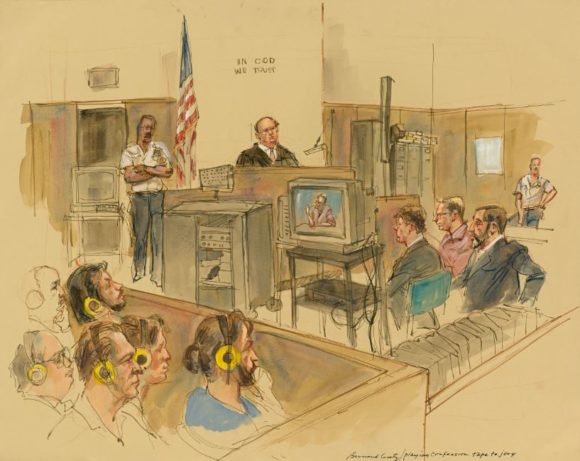
Although it may seem obvious, the basic question of fairness is of huge concern to those interested in reforming our nation’s criminal justice system. This is especially important in the courtroom. “The administration of justice,” says John Jay constitutional law professor Gloria Browne-Marshall, “is supposed to be done as equally under the law as possible.” That’s the concept of due process.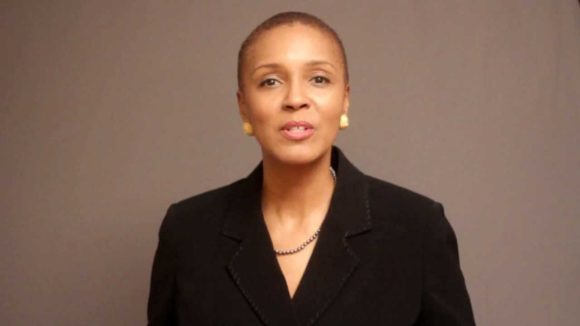
But the system doesn’t always work fairly. “Mass incarceration … is unfortunately disproportionately shouldered by people of color,” said Browne-Marshall. So how do we change things to ensure equitable outcomes?
Behind the scenes, a host of scholars at John Jay College are leading the charge to develop findings, share knowledge, and train officers of the court to promote courtroom practices that are more impartial and lead to real justice. Read on to be introduced to these scholars, or read the full feature article on pages 16-17 of this year’s Impact research magazine.
Taking Better Testimony
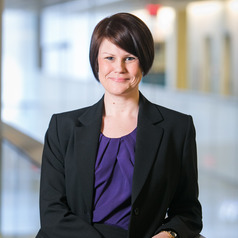
Young or old, witnesses can be unreliable. “The most important finding is that memory is malleable and reconstructive, rather than an exact replica of any given event,” said Deryn Strange, a professor of psychology. Adult memories, especially when recounting traumatic experiences, can change over time and with the introduction of new information. Memories may incorporate intrusive thoughts, or even warp to include what the individual wishes she did differently.
Strange, who not only does research on memory but also educates courtroom officials, believes that whenever someone’s memory is on trial, judges, juries and lawyers all need to understand the power and limitations of human memory. Otherwise, decisions of guilt or innocence may very well be incorrect and unjust.
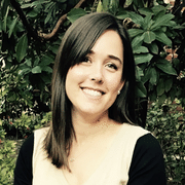 Kelly McWilliams, an assistant professor in psychology, focuses her research on children in the witness box, specifically how they use and understand language, and experience memory. Children’s memories are more limited than adults’, and they are susceptible to the introduction of false memories through questioning. Gaining helpful testimony from young witnesses depends more on the questions asked than on their abilities.
Kelly McWilliams, an assistant professor in psychology, focuses her research on children in the witness box, specifically how they use and understand language, and experience memory. Children’s memories are more limited than adults’, and they are susceptible to the introduction of false memories through questioning. Gaining helpful testimony from young witnesses depends more on the questions asked than on their abilities.
McWilliams’s research builds on recommendations from the National Institute of Child Health and Human Development — like asking open-ended questions, using general prompts, and more. McWilliams tests new modes of questioning to gather details children might not share in response to an open-ended question, which may be necessary for charging decisions or establishing credibility. “These are practices that take into account what kids are capable of doing and what we should and shouldn’t be asking them to do as witnesses,” she says.
Understanding the Science
Courtroom participants — attorneys, judges, and jurors alike — can often use help determining which pieces of scientific evidence are credible. 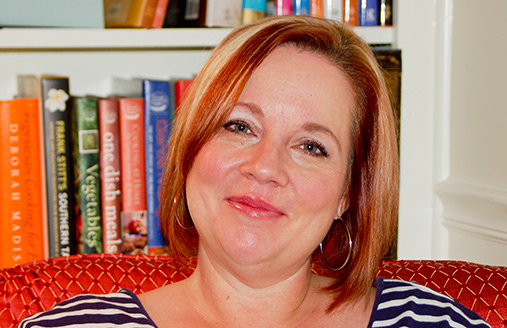 Margaret Bull Kovera, a social psychologist by training, has researched this issue for two decades.
Margaret Bull Kovera, a social psychologist by training, has researched this issue for two decades.
Evidence like repressed memories and bite analysis, and even fingerprint evidence, lack a solid basis in science. However, they often make their way into evidence, accompanied by expert witnesses, and parties to a trial may not know enough to challenge them. As a result, “they make decisions that are really not borne out by the evidence, if one were evaluating it properly,” says Kovera.
Kovera’s research is working toward a set of safeguards that contribute to better decision-making. The most promising method is simply to highlight flaws in the evidence during cross examination — something that attorneys can be trained to do — or opposing experts can help provide context. In the end, procedure that relies on solid science helps result in fairer justice.
Open to Interpretation
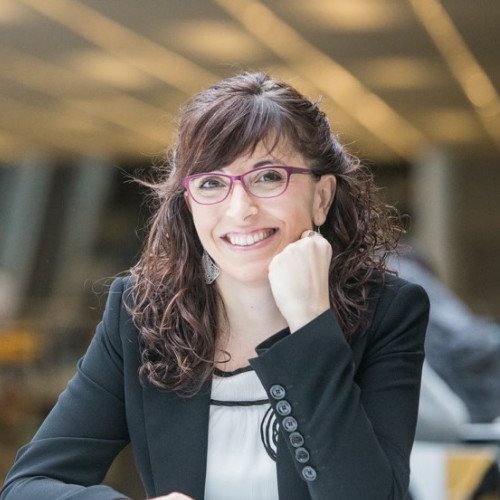 The quest for fairness doesn’t end at conviction. Post-incarceration, language access is an important part of accessing necessary services and treatment in prison. According to Aída Martínez-Gómez, an associate professor of legal translation and interpreting, incarcerated people who don’t speak the official language of the institution where they are being held face a number of roadblocks. It’s harder for incarcerated people to navigate forms, requests, and services without translated materials. But she says there are promising solutions.
The quest for fairness doesn’t end at conviction. Post-incarceration, language access is an important part of accessing necessary services and treatment in prison. According to Aída Martínez-Gómez, an associate professor of legal translation and interpreting, incarcerated people who don’t speak the official language of the institution where they are being held face a number of roadblocks. It’s harder for incarcerated people to navigate forms, requests, and services without translated materials. But she says there are promising solutions.
Martínez-Gómez advocates most strongly for nonprofessional interpreting services — or services provided by incarcerated peers. In one example from her work, the practice “not only contributed to overcoming the language barrier in the prison, but also to specific rehabilitation goals and potential job opportunities” once the individual’s sentence ended.
In the end, creating a fairer system means using empirical evidence to apply justice accurately and equally in the courtroom and beyond, and to avoid administering justice in arbitrary, capricious, or discriminatory ways. Though these studies can’t solve every inequality, small changes in process and better education of the parties involved can move the needle on basic fairness.
For the full feature, please visit the John Jay Faculty and Staff Research page to read the whole magazine in PDF form!



Recent Comments